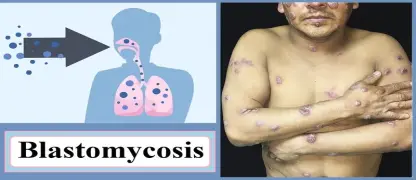Breathing in the wrong place could expose you to a hidden fungal threat. Understanding histoplasmosis is the first step toward safeguarding your respiratory health from this invisible danger and its potential complications.
What are the main causes of Histoplasmosis?
- Inhaling microscopic spores from the Histoplasma capsulatum fungus is the primary cause; it often grows in soil contaminated with bird or bat droppings.
- Disturbing contaminated soil through activities like construction, farming, or exploring caves can release these dangerous spores into the air, leading to accidental inhalation.
- People with weakened immune systems, such as those with HIV/AIDS or organ transplant recipients, are more susceptible to developing severe forms of the infection.
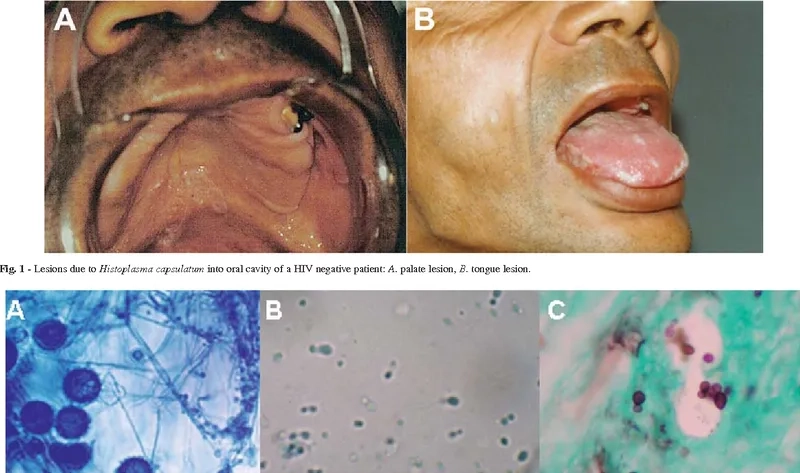
Key symptoms of Histoplasmosis to watch for
- Many infected individuals show no signs, but common symptoms can include fever, cough, fatigue, chills, and body aches, appearing 3 to 17 days post-exposure.
- In more serious cases, the infection can spread from the lungs to other organs, causing long-term lung problems or a severe, disseminated disease.
- Chronic histoplasmosis resembles tuberculosis and can involve weight loss and a cough that may produce blood, requiring prompt medical attention for proper diagnosis and care.
How can you prevent Histoplasmosis effectively?
- Avoid disturbing sites with large accumulations of bird or bat guano, especially in enclosed spaces like chicken coops, old barns, and caves.
- When working in high-risk areas, spray the soil with water to reduce dust and wear a properly fitted N95 respirator to filter out fungal spores.
- Individuals with compromised immune systems should consult their doctor before engaging in activities like gardening or cleaning areas that may harbor the fungus.
>>> Don't miss: COVID-19 in 2025: What You Need to Know to Stay Safe
Pictures of Histoplasmosis

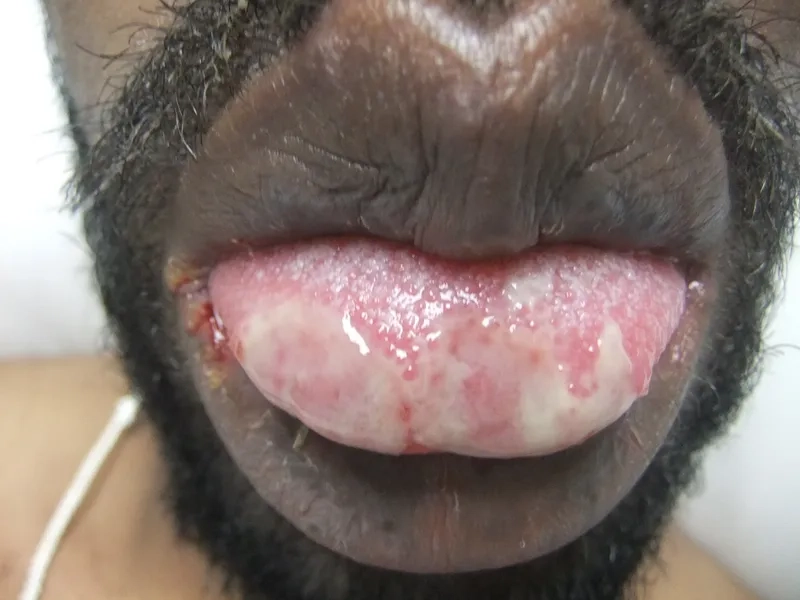

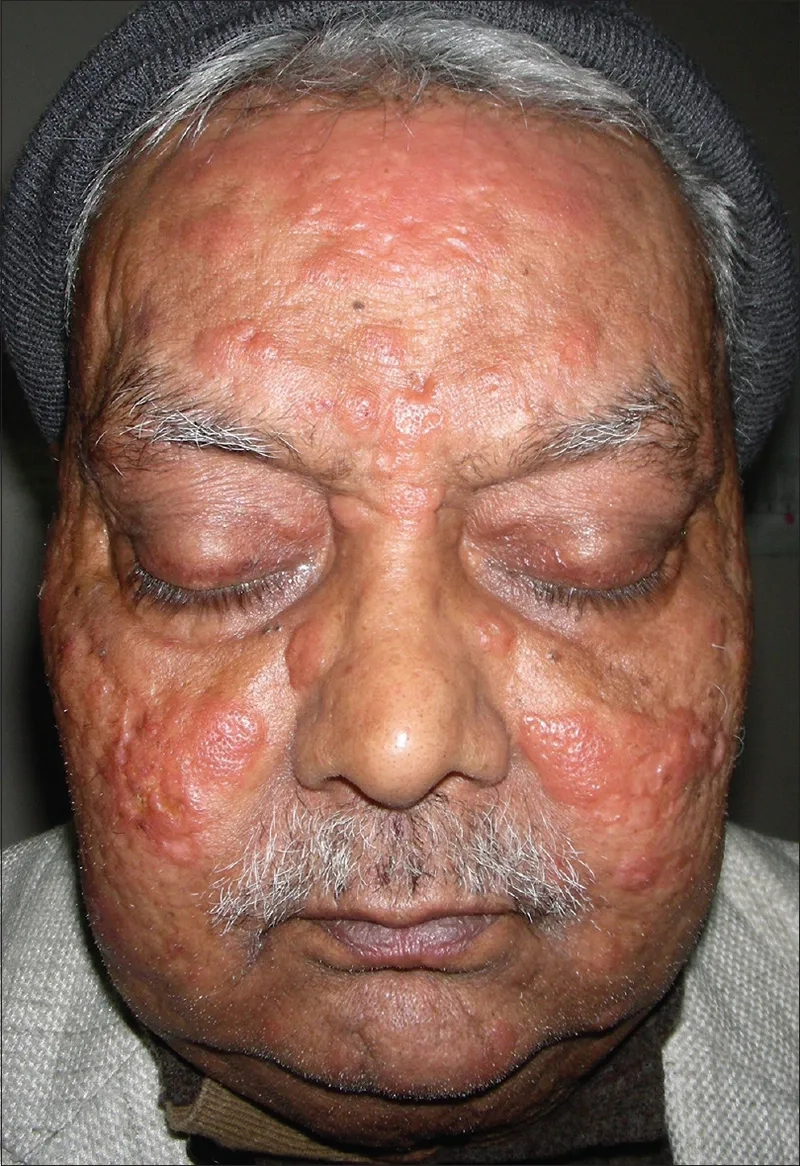
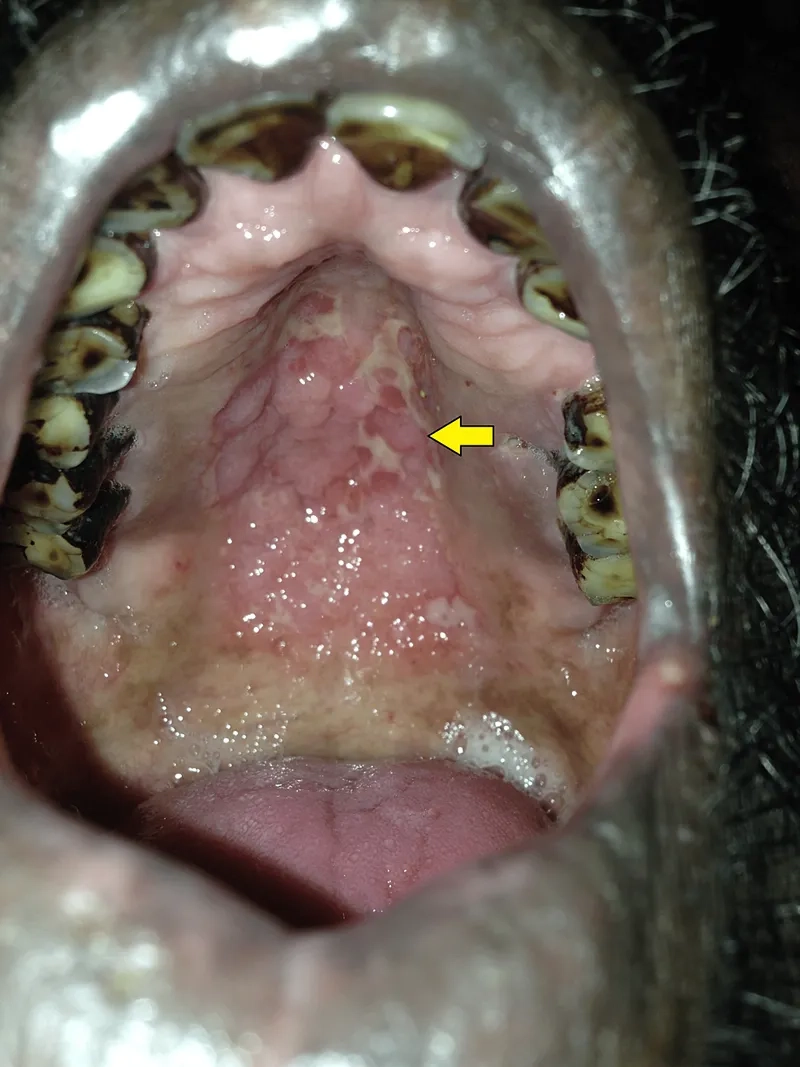
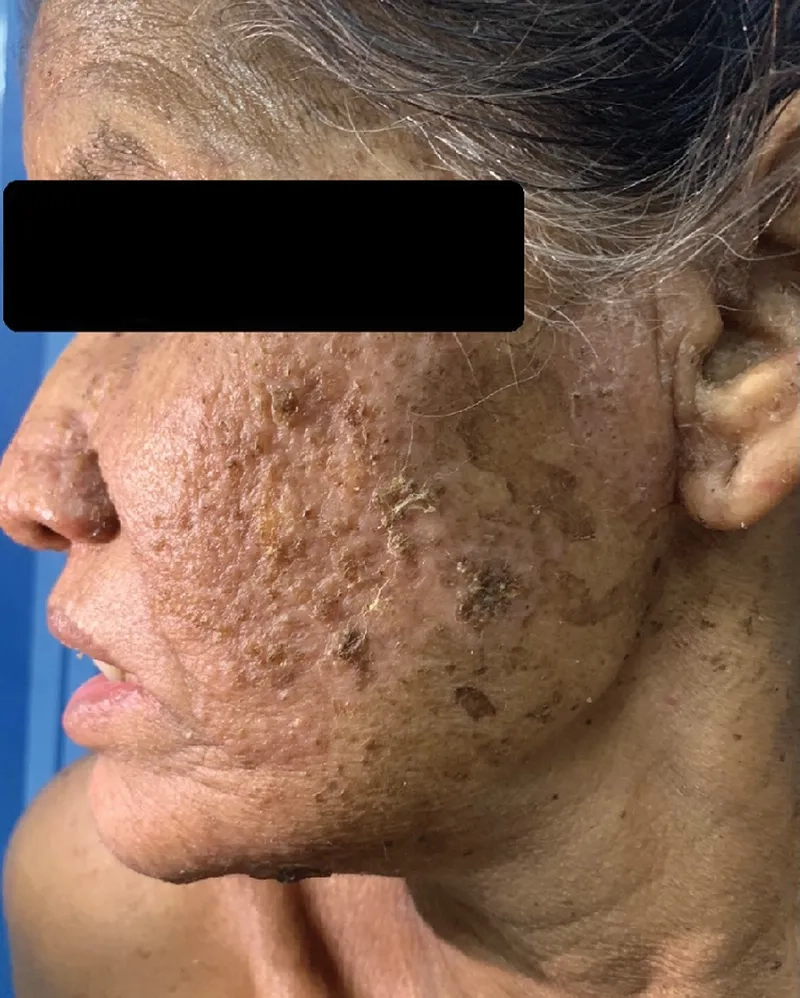
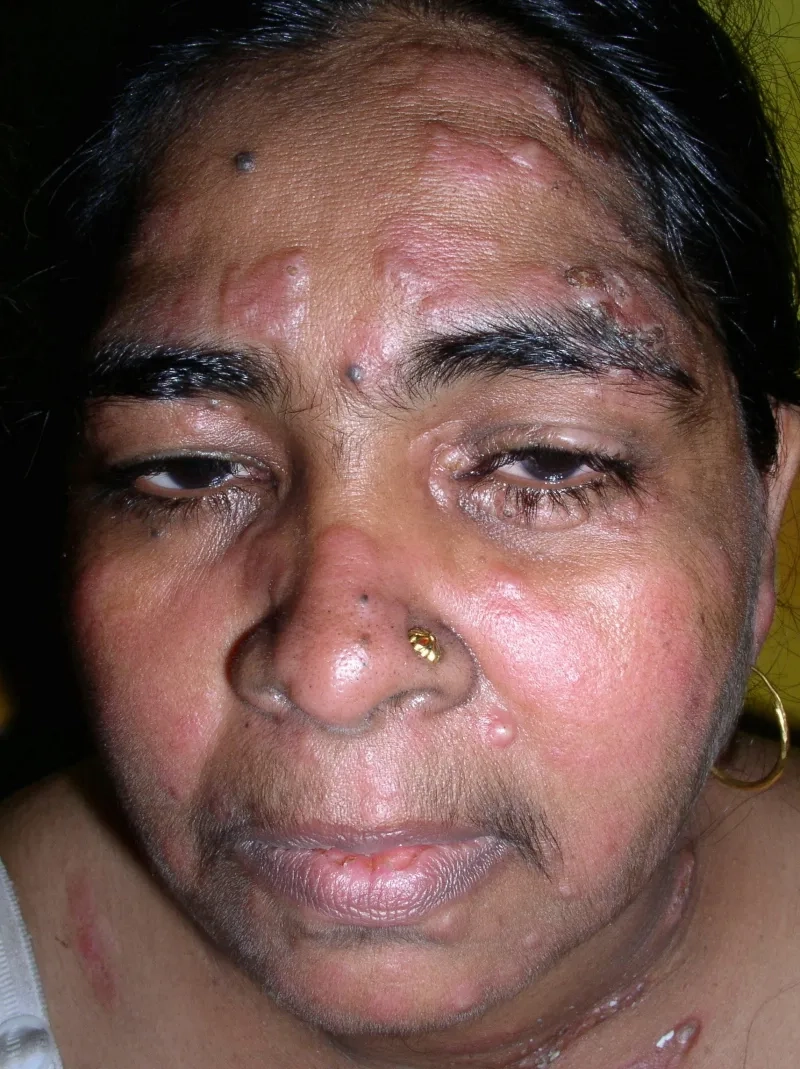
>>> Learn now: Fifth Disease 'Slapped Cheek' Rash: A Parent's Guide
Histoplasmosis is preventable when you know the risks. If you suspect exposure or develop symptoms, especially after high-risk activities, consult a healthcare professional for an accurate diagnosis and expert treatment.
>>> See more: Hand, Foot, & Mouth Disease: Symptoms & Fast Relief Tips



